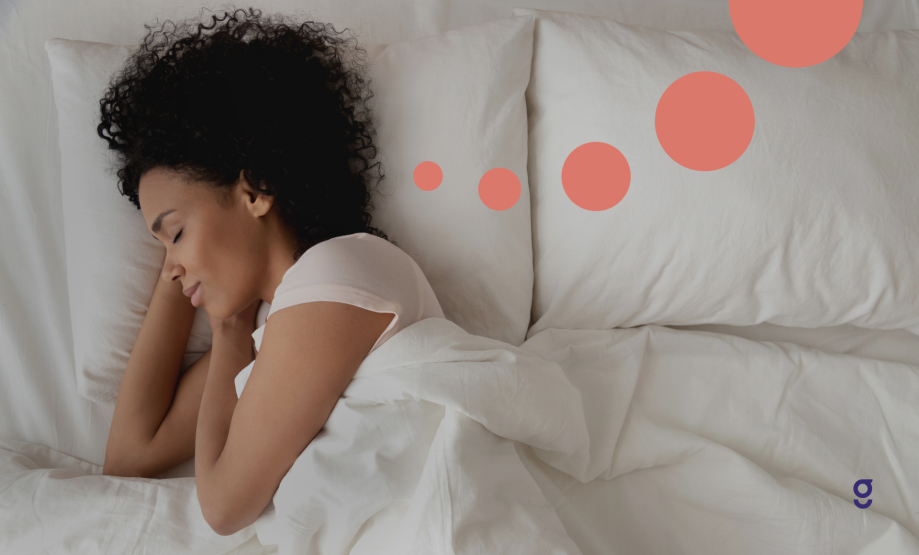How To Get Healthy Sleep: What Is Good Sleep Hygiene?
Want to get better sleep? Good sleep hygiene practices can help you fall asleep and maintain sleep throughout the night.
What Is Sleep Hygiene?
Sleep hygiene describes behavioral and environmental practices and habits that promote healthy sleep. What encourages and interferes with sleep differs for each person, and general sleep hygiene can help.
Sleep hygiene methods help people with mild sleep problems. They are also used in combination with other therapies for long-term (chronic) insomnia and other sleep disorders.
How you approach your day, evening, and bedtime routine can all affect your sleep. Here are parts of your day you can revisit to make sure you sleep soundly.
During the day
Regular Exercise
Daily exercise or physical activity improves the quality of sleep. Most people should exercise at least 20 minutes every day. Pick a time that works best for you--exercising close to bedtime doesn�’t usually interfere with sleep.
Wake/Sleep Times
It is best to try to wake up and go to sleep at about the same time every day, even on days off. Most people need at least 7 to 8 hours of sleep. If you need to nap, aim for less than 20 minutes. Any longer than that could interfere with sleep.
Caffeine, and Nicotine
Both caffeine and nicotine are stimulants. They increase arousal and often interfere with sleep.
Drinks, foods, and medicines containing caffeine can make it difficult to sleep, even if you have them several hours before bedtime. You may have to eliminate, or at least limit, the caffeine in your diet.
The nicotine in tobacco products disrupts the normal sleep-wake cycle (making it another great reason to quit!). Limiting or stopping smoking could help with your sleep problems.
Alcohol, Substances, And Medicines
Alcohol or other substances may help you fall asleep, but they affect the quality of your sleep. Alcohol may also cause heartburn or reflux, which adds to difficulty sleeping.
Some medicines may also interfere with sleep. Talk with your doctor or pharmacist about medicines you take, including over-the-counter products and supplements. If they are known to cause sleep problems, your doctor may suggest a different medicine or dosage.
Taking Care Of Your Health
Many health problems can interfere with sleep, and it's important to get treatment.
Some may be short-term, like coughs and colds, while others may be long-term and more serious. Pain, depression, and stress can all interfere with sleep. Sleep also impacts these conditions in return and they affect each other. Lessening pain, treating depression, and dealing with stress can improve sleep.
What About Preparing to Sleep?
Eating And Drinking
Eating large amounts of food late in the day can interfere with sleep. Try a light, healthy snack so you’re not hungry. Avoid spicy foods, citrus fruits, tomato products, and alcohol, which may cause heartburn or reflux that may worsen when lying down. To avoid waking up with a full bladder, drink just enough so you're not thirsty.
Related articles:
Stimulants & Sleep: Food, Drinks & Medicines to Avoid
Bedtime Routine And Environment
Your bedtime routine and sleep environment can improve your ability to sleep. Try to go to sleep at about the same time every night.
When preparing to sleep, think about these tips and ways to do them:
Relaxation
Bath or shower
Guided Imagery Meditation
Journaling
Yoga
Comfort
Pillows, Bedding, & Mattress
Room temperature
Light & Sound
Sleep mask
Ear plugs
Electronics
Turn off TV
Stop using phone & computer
Blue light blockers
Bed Use
Only for sleep
Get up if you can't sleep
Practicing good sleep hygiene can help you sleep better, and there’s much more you can do. Goodpath can help, with complete sleep programs that include the first-choice treatment for chronic insomnia, Cognitive Behavioral Therapy for Insomnia (CBT-I), as well as supplements and over-the-counter (OTC) medicines, mind-body techniques, exercise, and nutritional support.
Sleep better with Goodpath. Take the first step with our free sleep assessment. Click here to get started.
